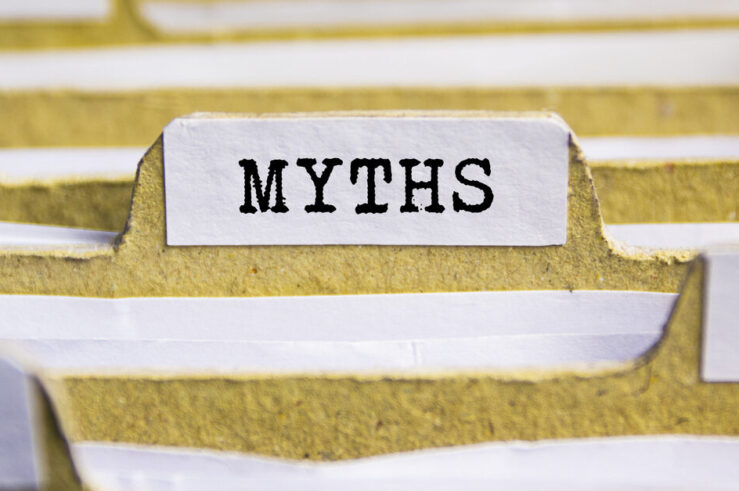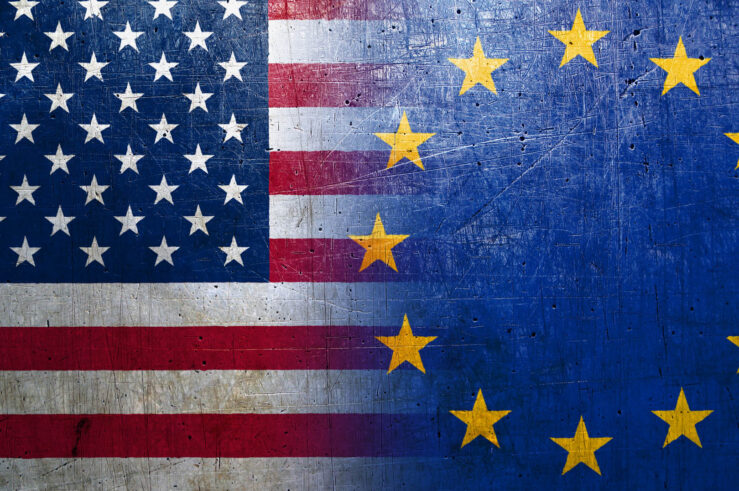Showing results for: “premium natural and organic”
Attention Markets: They Know Them When they See Them
A raft of progressive scholars in recent years have argued that antitrust law remains blind to the emergence of so-called “attention markets,” in which firms compete by converting user attention into advertising revenue. This blindness, the scholars argue, has caused antitrust enforcers to clear harmful mergers in these industries. It certainly appears the argument is ... Attention Markets: They Know Them When they See Them
EU’s Compromise AI Legislation Remains Fundamentally Flawed
European Union (EU) legislators are now considering an Artificial Intelligence Act (AIA)—the original draft of which was published by the European Commission in April 2021—that aims to ensure AI systems are safe in a number of uses designated as “high risk.” One of the big problems with the AIA is that, as originally drafted, it ... EU’s Compromise AI Legislation Remains Fundamentally Flawed
FTC-DOJ RFI on Merger Guidelines: The Agencies Should Proceed with Caution
The Jan. 18 Request for Information on Merger Enforcement (RFI)—issued jointly by the Federal Trade Commission (FTC) and the U.S. Justice Department (DOJ)—sets forth 91 sets of questions (subsumed under 15 headings) that provide ample opportunity for public comment on a large range of topics. Before chasing down individual analytic rabbit holes related to specific ... FTC-DOJ RFI on Merger Guidelines: The Agencies Should Proceed with Caution
Political Philosophy, Competition, and Competition Law: The Road to and from Neoliberalism, Part 2
In just over a century since its dawn, liberalism had reshaped much of the world along the lines of individualism, free markets, private property, contract, trade, and competition. A modest laissez-faire political philosophy that had begun to germinate in the minds of French Physiocrats in the early 18th century had, scarcely 150 years later, inspired ... Political Philosophy, Competition, and Competition Law: The Road to and from Neoliberalism, Part 2
10 Things the American Innovation and Choice Online Act Gets Wrong
The Senate Judiciary Committee is set to debate S. 2992, the American Innovation and Choice Online Act (or AICOA) during a markup session Thursday. If passed into law, the bill would force online platforms to treat rivals’ services as they would their own, while ensuring their platforms interoperate seamlessly. The bill marks the culmination of ... 10 Things the American Innovation and Choice Online Act Gets Wrong
Intermediaries: The Hero We Need?
In policy discussions about the digital economy, a background assumption that frequently underlies the discourse is that intermediaries and centralization always and only serve as a cost to consumers, and to society more generally. Thus, one commonly sees arguments that consumers would be better off if they could freely combine products from different trading partners. ... Intermediaries: The Hero We Need?
Political Philosophy, Competition, and Competition Law: The Road to and from Neoliberalism, Part 1
The interplay among political philosophy, competition, and competition law remains, with some notable exceptions, understudied in the literature. Indeed, while examinations of the intersection between economics and competition law have taught us much, relatively little has been said about the value frameworks within which different visions of competition and competition law operate. As Ronald Coase ... Political Philosophy, Competition, and Competition Law: The Road to and from Neoliberalism, Part 1
Case closed: Google wins (for now)
The European Commission and its supporters were quick to claim victory following last week’s long-awaited General Court of the European Union ruling in the Google Shopping case. It’s hard to fault them. The judgment is ostensibly an unmitigated win for the Commission, with the court upholding nearly every aspect of its decision. However, the broader ... Case closed: Google wins (for now)
Online Display Advertising: What’s the relevant market?
Digital advertising is the economic backbone of the Internet. It allows websites and apps to monetize their userbase without having to charge them fees, while the emergence of targeted ads allows this to be accomplished affordably and with less wasted time wasted. This advertising is facilitated by intermediaries using the “adtech stack,” through which advertisers ... Online Display Advertising: What’s the relevant market?
Technology Mergers and the Market for Corporate Control
In recent years, a growing chorus of voices has argued that existing merger rules fail to apprehend competitively significant mergers, either because they fall below existing merger-filing thresholds or because they affect innovation in ways that are purportedly ignored. These fears are particularly acute in the pharmaceutical and tech industries, where several high-profile academic articles ... Technology Mergers and the Market for Corporate Control
How US and EU Competition Law Differ
U.S. and European competition laws diverge in numerous ways that have important real-world effects. Understanding these differences is vital, particularly as lawmakers in the United States, and the rest of the world, consider adopting a more “European” approach to competition. In broad terms, the European approach is more centralized and political. The European Commission’s Directorate ... How US and EU Competition Law Differ
How Changing Section 230 Could Disrupt Insurance Markets
In recent years, a diverse cross-section of advocates and politicians have leveled criticisms at Section 230 of the Communications Decency Act and its grant of legal immunity to interactive computer services. Proposed legislative changes to the law have been put forward by both Republicans and Democrats. It remains unclear whether Congress (or the courts) will ... How Changing Section 230 Could Disrupt Insurance Markets















